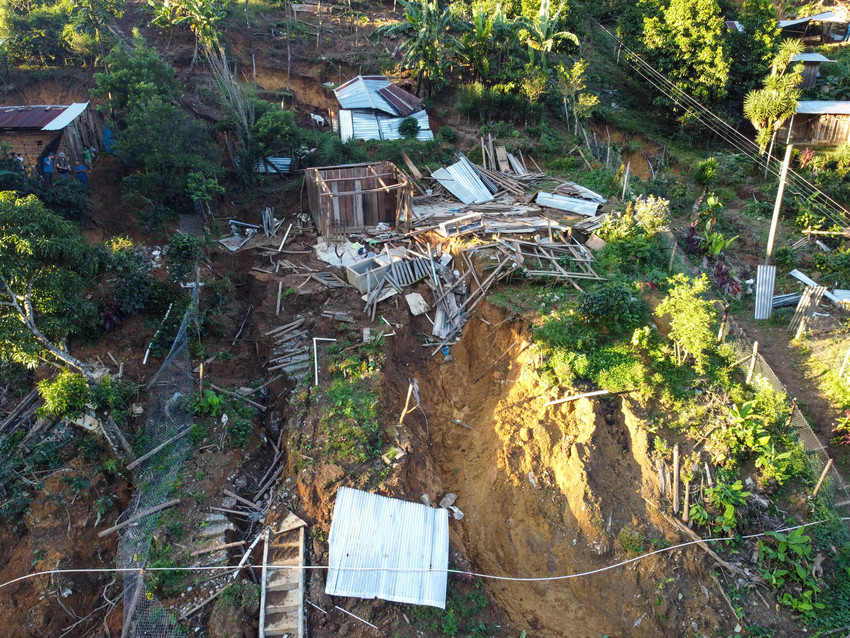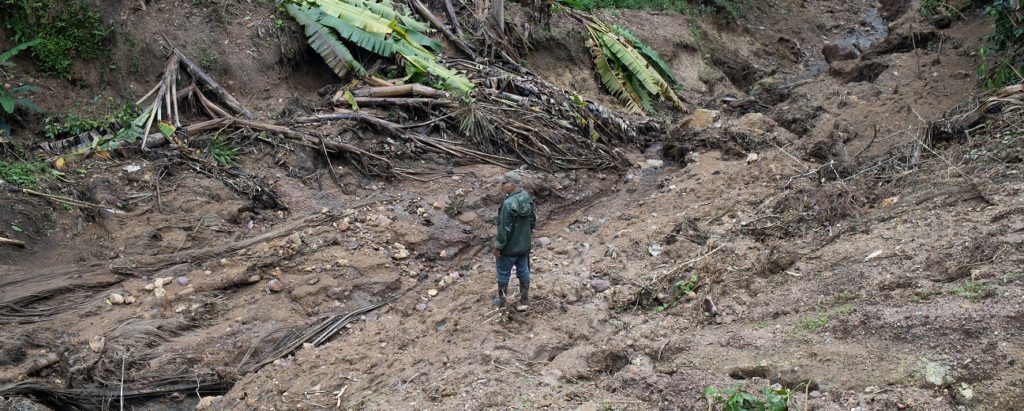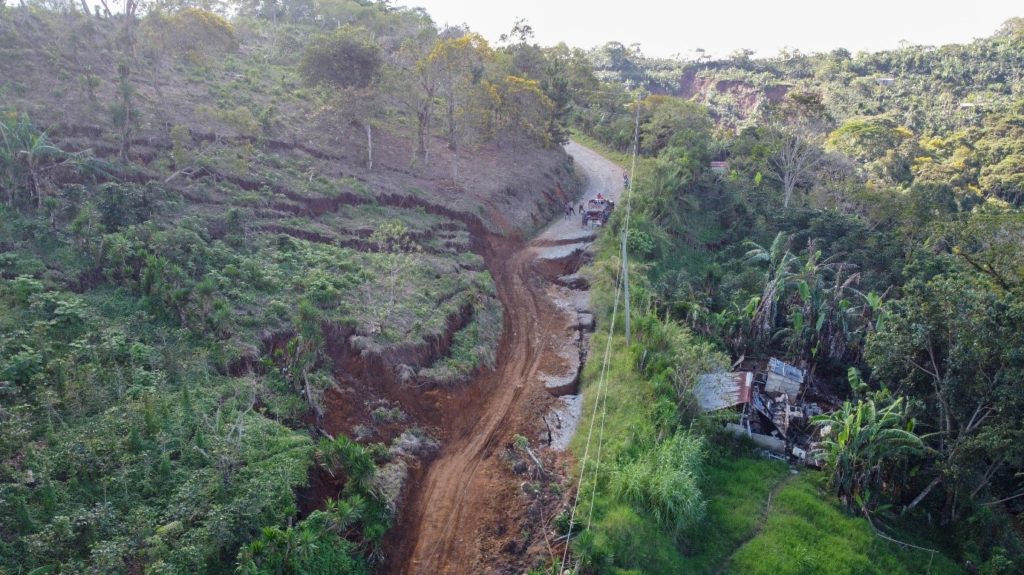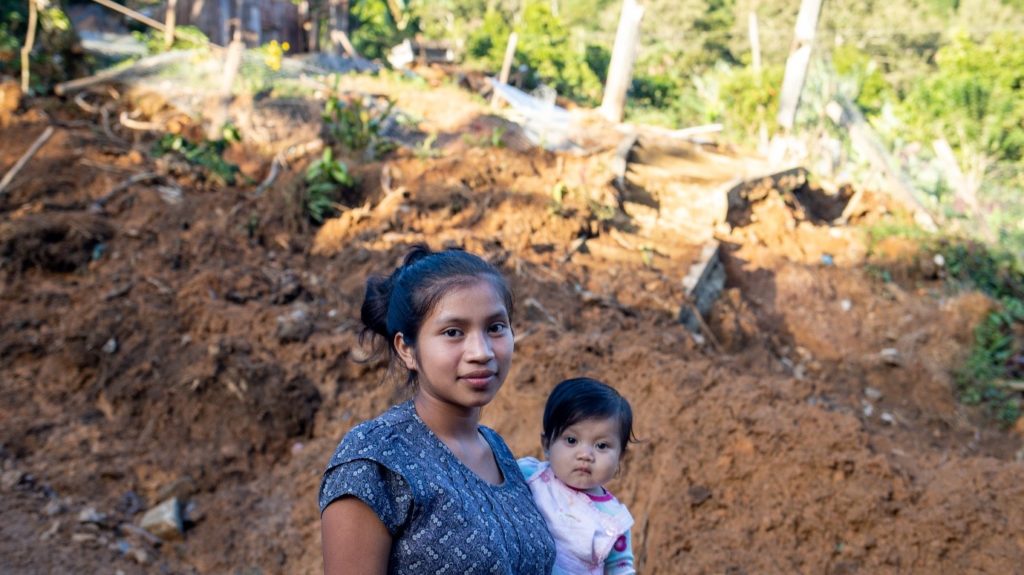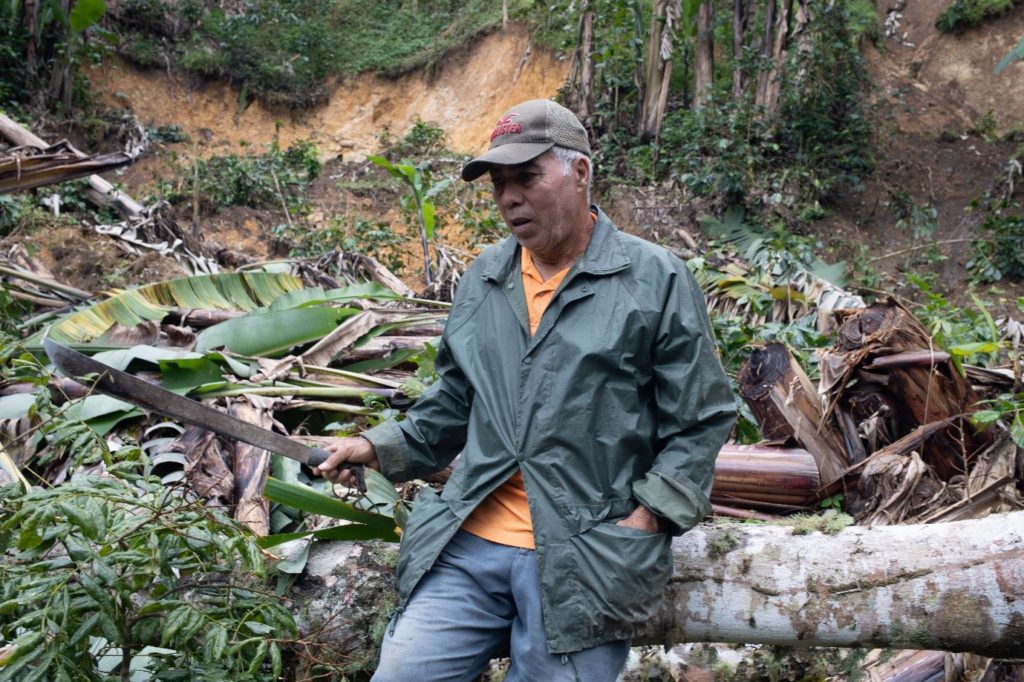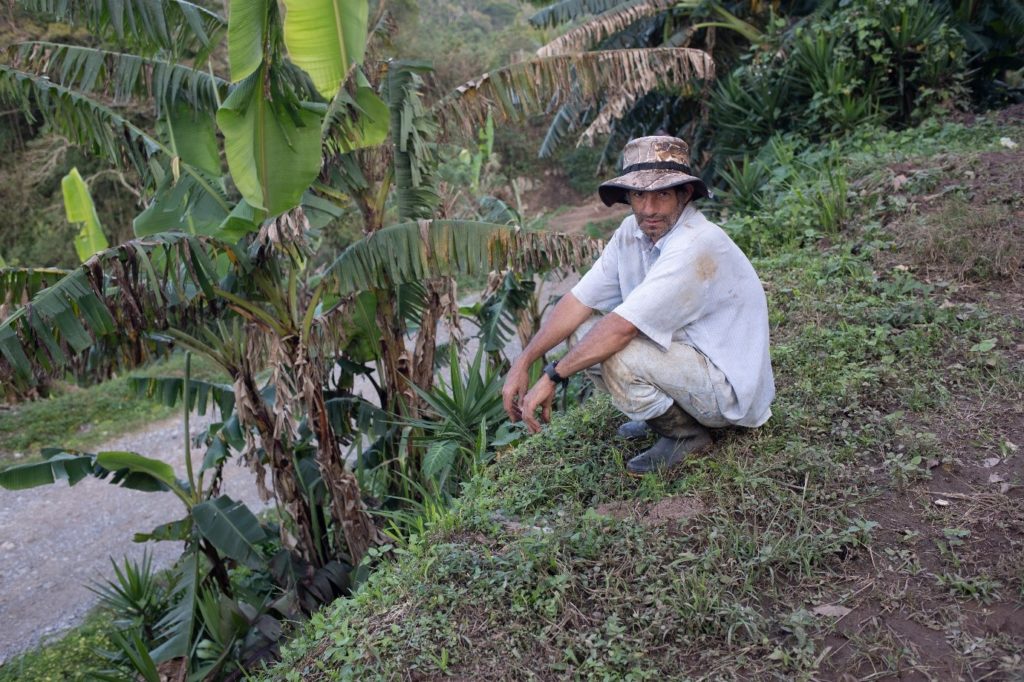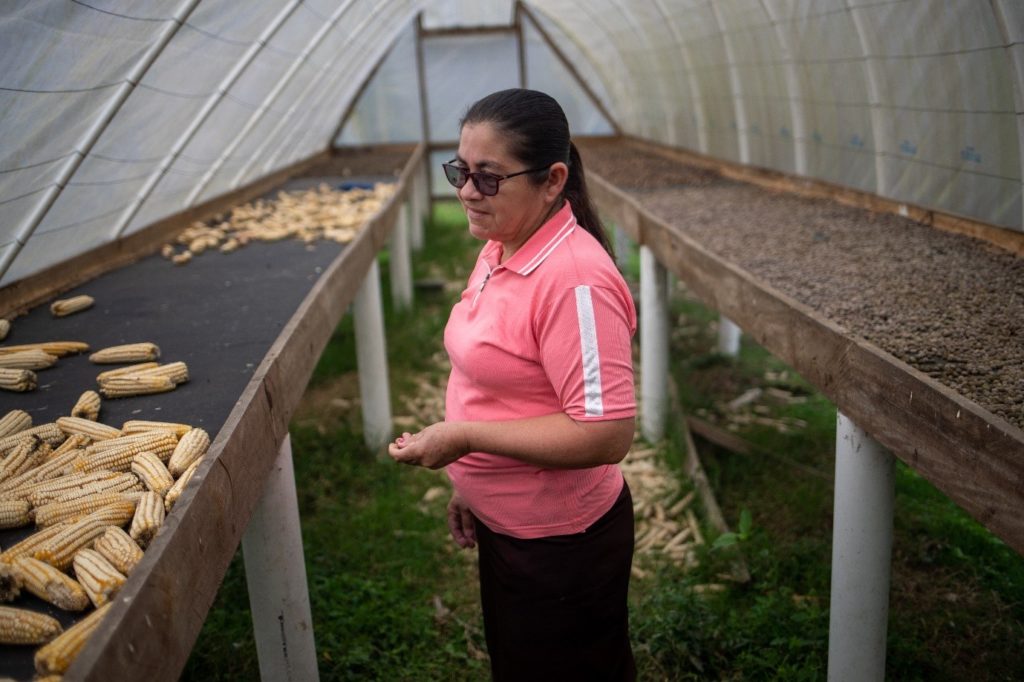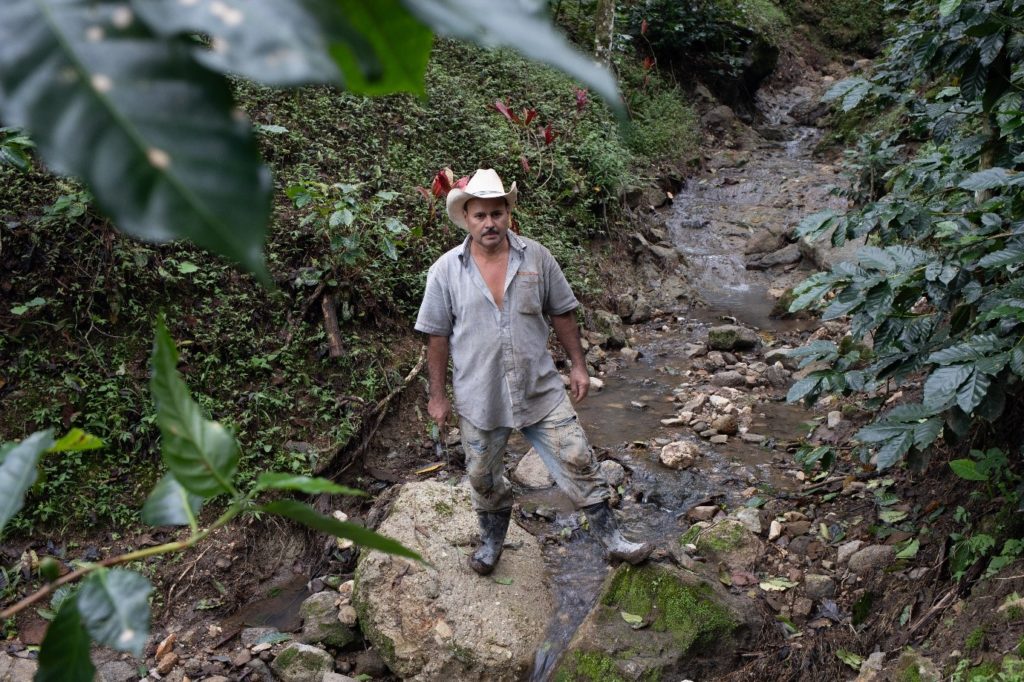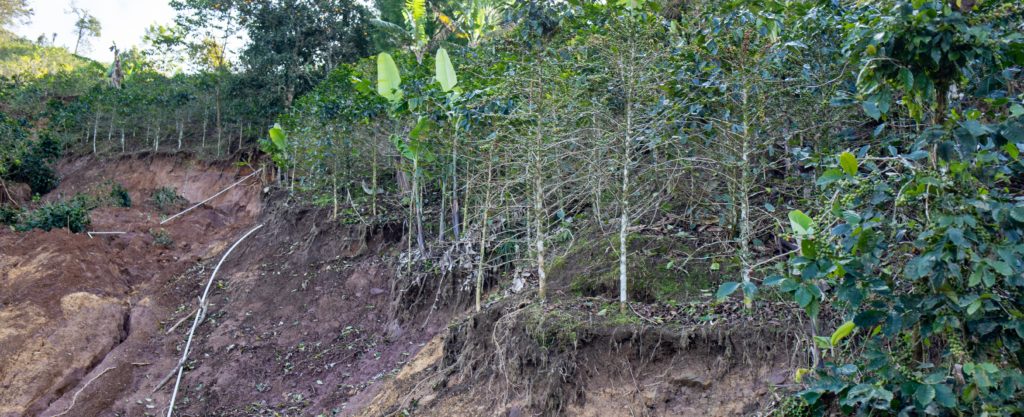Coffee has become one of the most popular beverages in the world and an integral part of daily life.
Across the world we drink 2 billion cups of coffee daily, supported by a lucrative global coffee industry worth over $100 billion. Yet the average non-Fairtrade coffee farmer lives on as little as £1.37 a day.
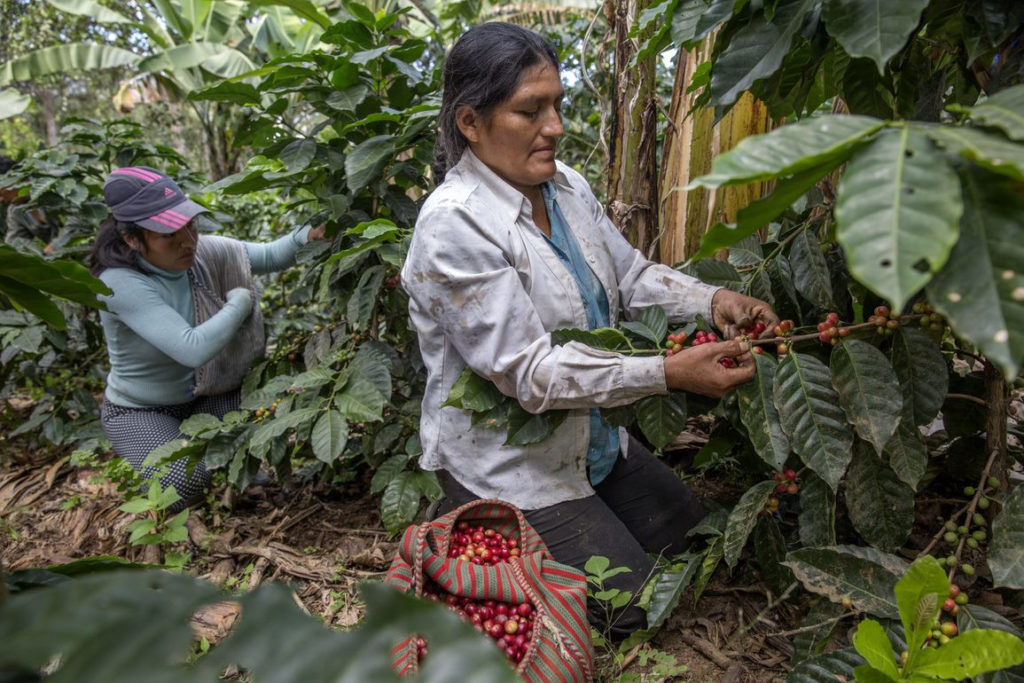
What’s different about Fairtrade coffee ?
Fairtrade is the only global sustainability label that guarantees coffee farmers a Minimum Price for the coffee they sell as Fairtrade.
Show your support to the millions of farmers behind your favourite brew, like Felicita Castilla pictured here, a Fairtrade coffee farmer from Peru.
When you shop coffee, look for the FAIRTRADE Mark.
Small-scale coffee farmers produce around 60 per cent of the world’s coffee.
Meet some of the coffee farmers behind your Fairtrade cup of coffee
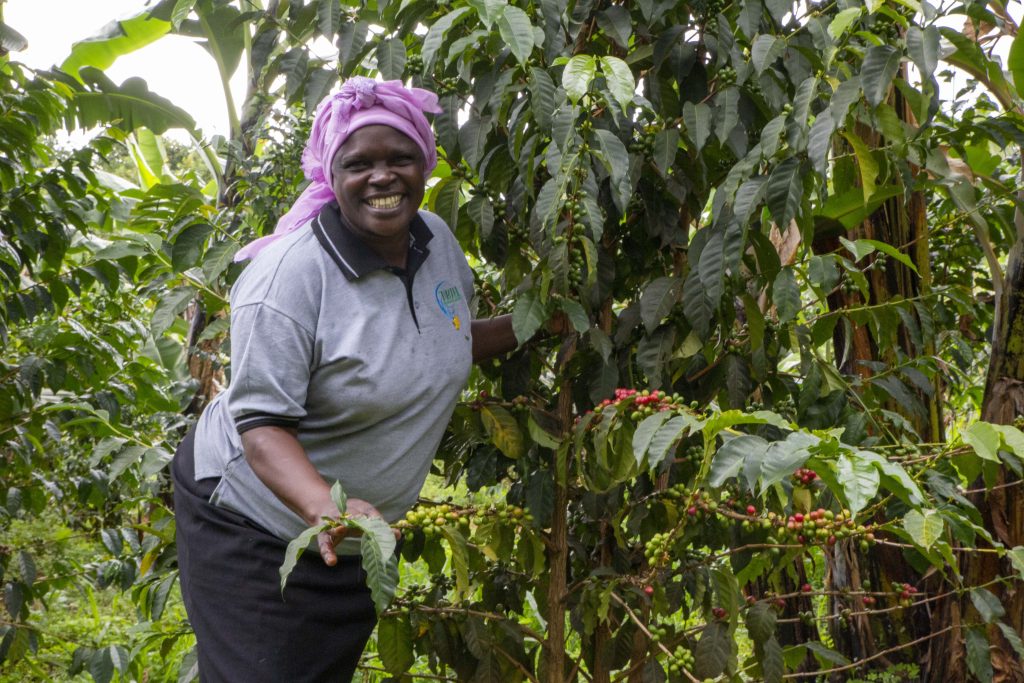
Meet Jenipher Sambazi, a Fairtrade coffee farmer from Uganda
Jenipher is a widowed mother of six and has been growing coffee on the slopes of Mt Elgon for decades.
Through Fairtrade she has been able to educate her children, build her house and support other female farmers take up leadership positions in their communities.
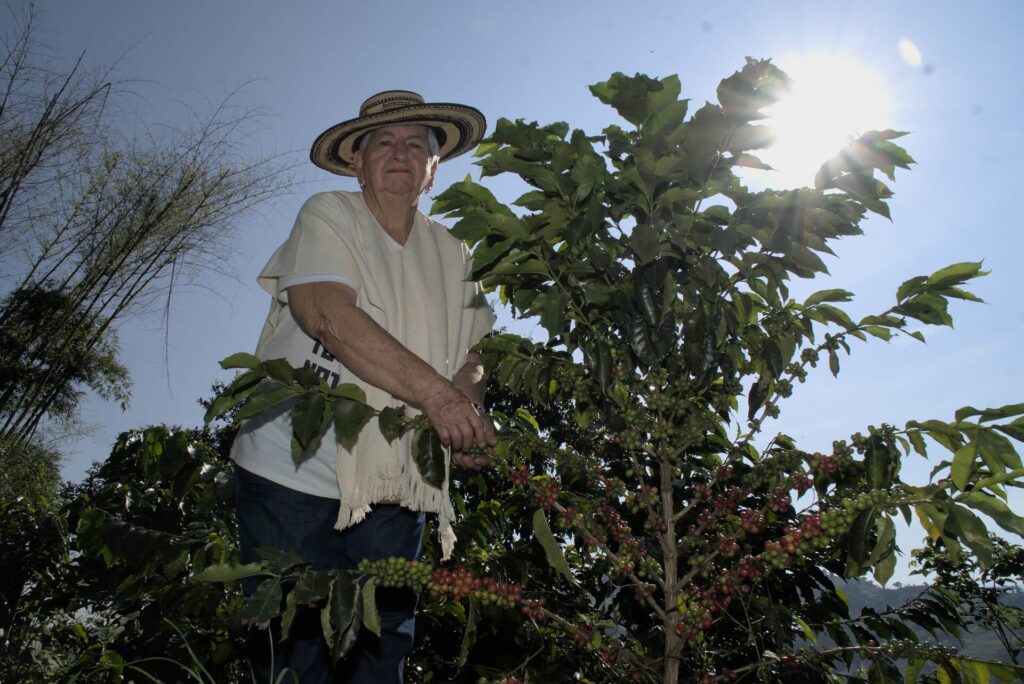
Meet María del Carmen Bedoya de Tamayo, a Fairtrade coffee farmer from Colombia
María passionately advocates for Fairtrade certification, which has improved her family’s economic well-being and brought social and cultural changes to her entire community.
María explains that “now coffee prices have gone down, things are really difficult” but firmly believes that Fairtrade is the cornerstone of their cooperative’s prosperity.
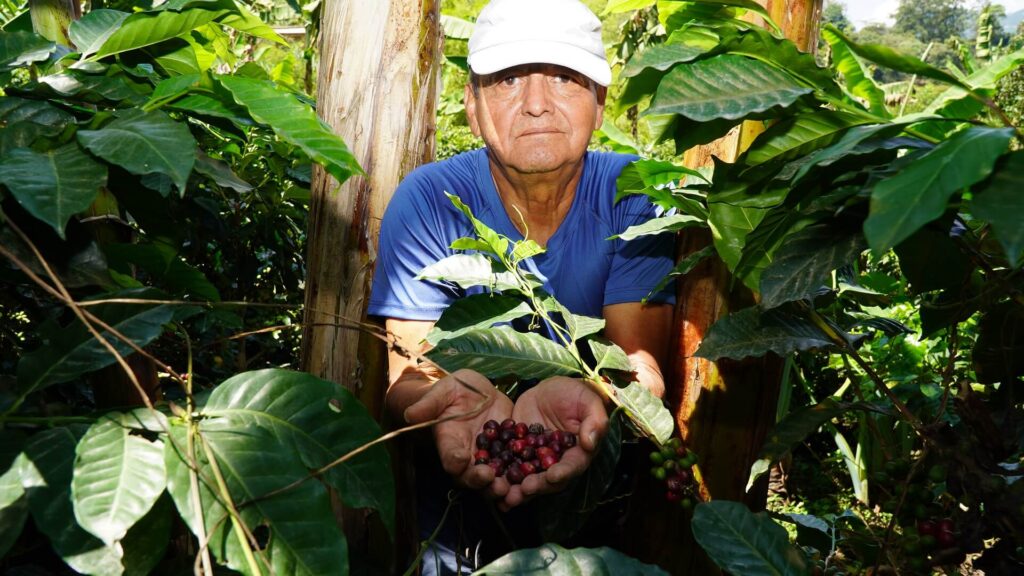
Meet Gerardo Carbajal, organic Fairtrade coffee producer from Colombia
Gerardo says Fairtrade is central in securing fair prices that adequately cover production costs.
Fairtrade’s fair pricing system not only brings stability to coffee growers but also helps to grow their economic power, as it means the market values their product more.
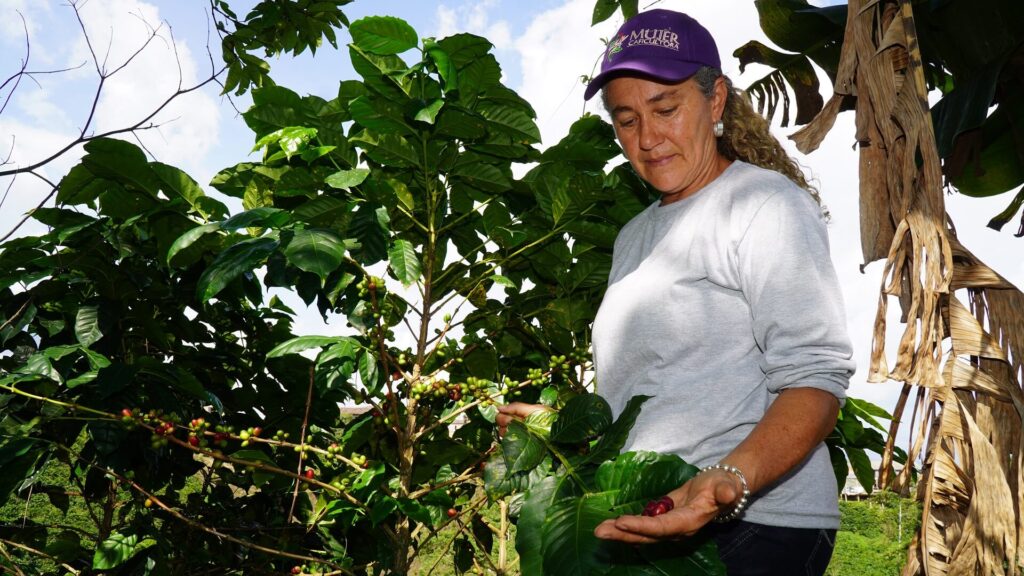
Meet Angelica María Escobar Valencia, a Fairtrade coffee farmer from Colombia
Angelica says that Fairtrade certification – which guarantees fair pricing and an additional Premium based on compliance with stringent criteria – is the way forward.
She says that “even if prices are low at the moment, being certified helps us”.
Meet Micah, a Fairtrade coffee farmer from Kenya
Micah Tarus has been a coffee farmer for over four years.
In this video Micah takes us on a tour of his farm, explaining the challenges he faces as a farmer, and showing us some of the effects of climate change on his crops.
Meet Caroline, a Fairtrade coffee farmer from Kenya
Caroline Rono and her husband Nahashon are among 600 members of the Fairtrade certified Kapkiyai co-operative and have been growing coffee for 10 years.
Caroline speaks about life as a Fairtrade farmer and her involvement in the innovative Women In Coffee project.
With almost 5,000 Fairtrade products, buying Fairtrade is a simple way to make a difference to the lives of the people who grow and create the things we love. Choose Fairtrade.
Since 1994, shoppers buying Fairtrade products have generated more than €1bn in Fairtrade Premium for farmers and workers to invest in business development, infrastructure, agriculture, and social services.
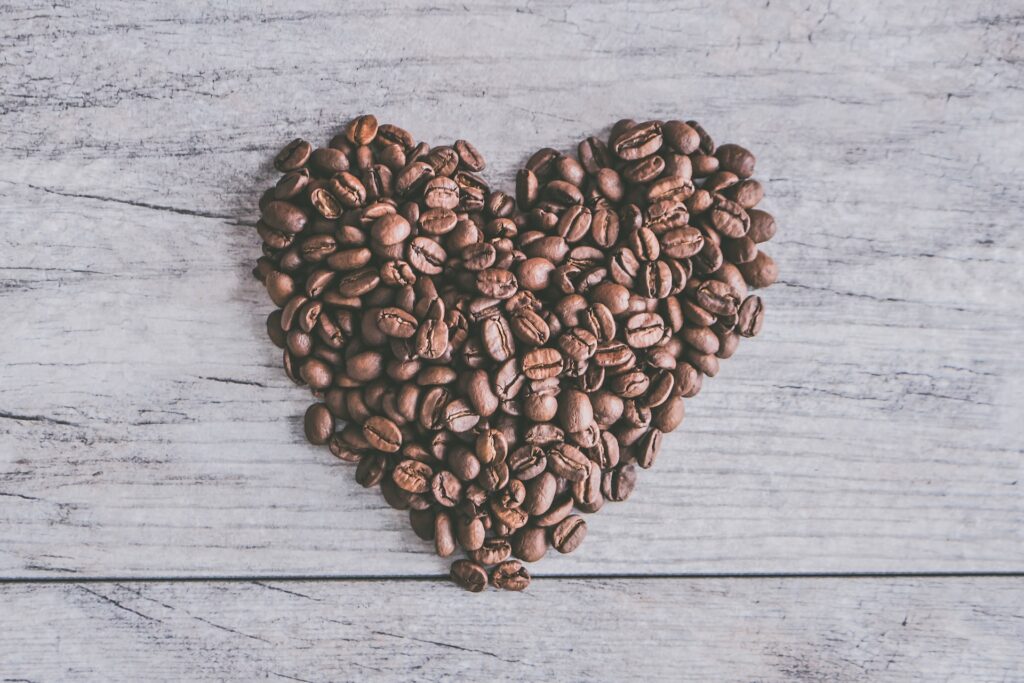
The Fairtrade Premium sets us apart from everyone else
Fairtrade’s global coffee network comprises nearly 800,000 certified coffee farmers spanning 32 countries.
Fairtrade-certified farmers receive the Fairtrade Premium, an extra sum of money, in addition to the guaranteed Fairtrade Minimum Price.
This additional fund is collectively invested in projects and community services identified as priorities by the farmers themselves.
Despite the recent spikes in global coffee prices, coffee farmers are struggling with inflation, skyrocketing production costs, and crop loss due to the effects of climate change.
Why Fairtrade increased the Minimum Price for coffee
Many farmers can no longer make a living in coffee, which poses a significant threat to the global coffee industry’s future.
Because of the current economic climate, the new Fairtrade Minimum Price (updated in August 2023) provides a pricing safety net for coffee farmers while still allowing them to earn more when market prices are higher than the Minimum Price.
Pictured is Honduran Fairtrade coffee farmer Esperanza Suazo Saenz showing how climate change has devastated coffee production in the region.
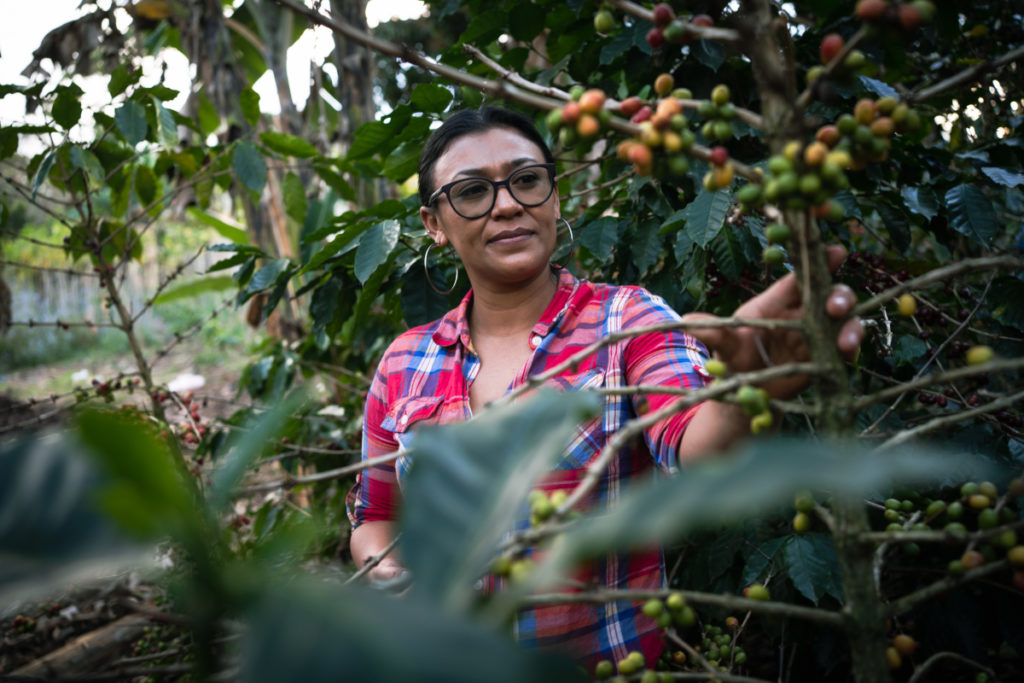
Honduras – a community hit by landslides
In November 2020, Honduras was badly hit by Hurricanes Eta and Iota.
Across the Santa Bárbara region of Honduras, Fairtrade farmers who depend on the steep mountain slopes for coffee growing, lost swathes of farmland in landslides as the disastrous hurricanes swept through the region.
Photo credit: Sean-Hawkey
If the coffee sector doesn’t adapt to the impact of the climate crisis, we’re going to have less coffee and prices will go up, but the real hit and the real jeopardy will be for farmers. An additional outcome of all this could be that the product in our coffee cups is transformed into something rather less desirable.
Dr Aaron P Davis, Senior Research Leader of Crops & Global Change at the Royal Botanic Gardens, Kew
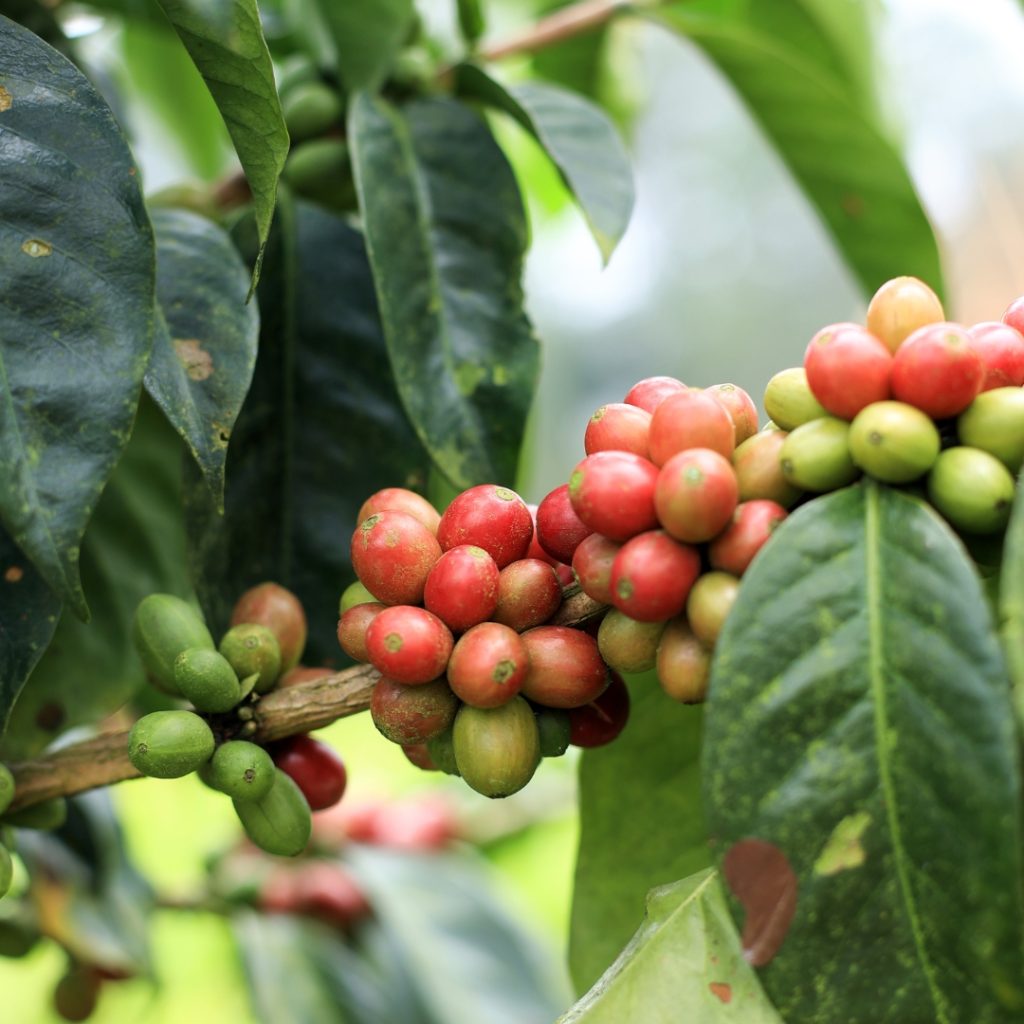
Is our coffee endangered?
Did you know: there are 124 coffee species growing wild, yet we only consume two species of coffee, Arabica (Coffea arabica) and Robusta (C.canephora).
Kew scientists have placed 60 per cent of wild coffee species on the IUCN Red List of Threatened Species. These species are suffering from deforestation, climate change, and the spread of pests and diseases.
This includes the world’s most popular coffee, Coffea arabica, which is now classified as an endangered species.
“We are at the mercy of climate change”
Angelica María Escobar Valenci is a coffee farmer from Palestina, Colombia.
Recent years have seen erratic harvests due to phenomena like El Niño and La Niña, posing a challenge for coffee growers like Angelica, who says that they “are at the mercy of climate change”.
Fairtrade advocates for climate justice, and requires farmers to adopt sustainable practices and address climate change head-on.
Angelica and her fellow coffee farmers are encouraged to take proactive steps, strengthening their resilience against extreme weather events, and promoting a sustainable future for coffee production.
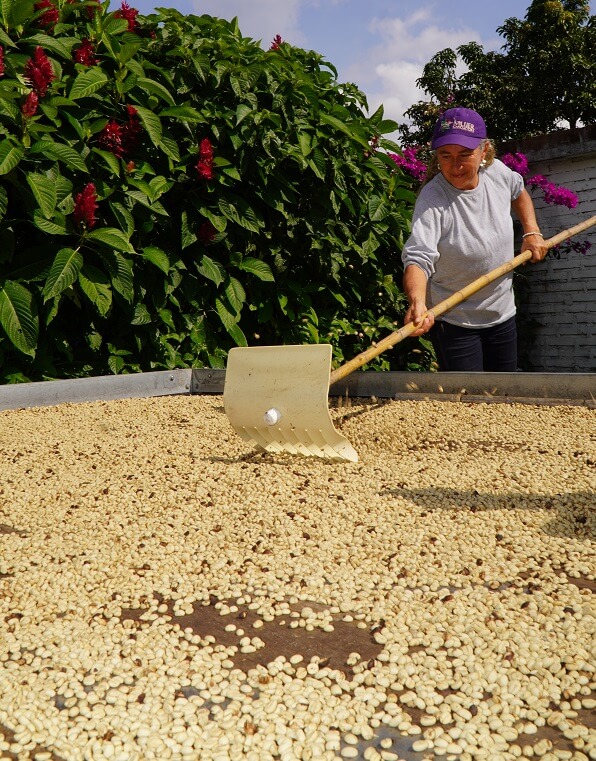
It’s tricky to understand the ethical credentials of coffee when you buy it. Non-Fairtrade certified coffee suppliers often label their products as ‘fair trade’ or ‘ethically traded’ without naming an ethical certification scheme.
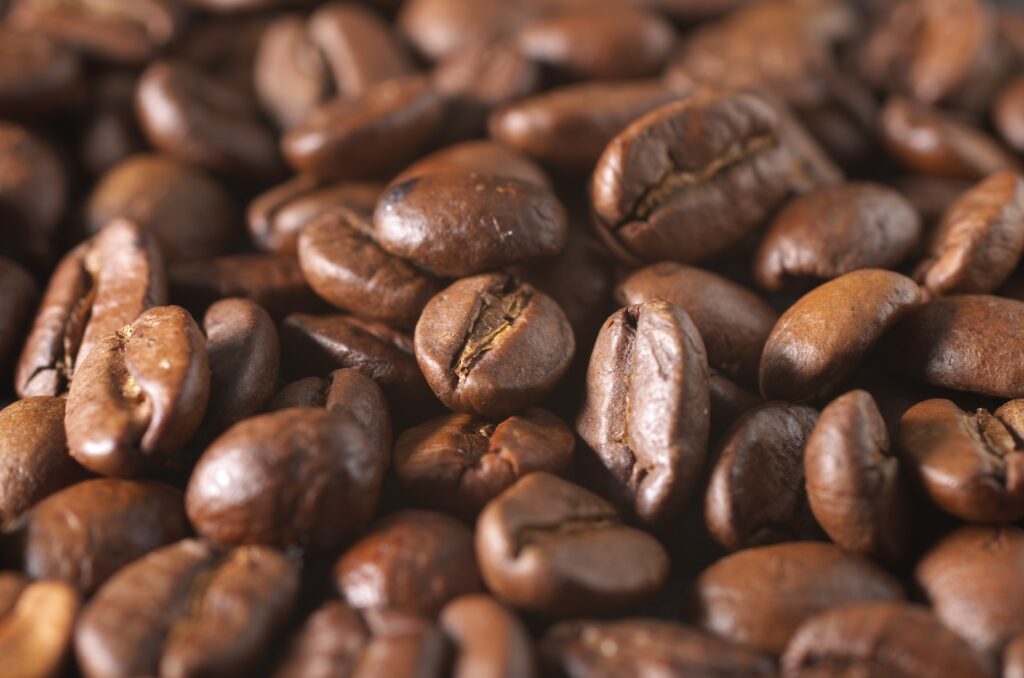
What’s the difference: Fairtrade vs ethical coffee
At Fairtrade, we understand that brands don’t always make it easy for consumers to know how their purchases impact both people and planet.
There are no officially recognised standards that companies must meet when using a term like ‘ethical’. So human rights abuses and environmental degradation may still occur in their supply chains.
But Fairtrade is different. We set social, economic and environmental standards that need to be met for a product to be Fairtrade certified.
That’s why it’s so important to buy products that are ethically certified – especially independently certified like Fairtrade.
We’re the world’s most trusted and recognised ethical mark.
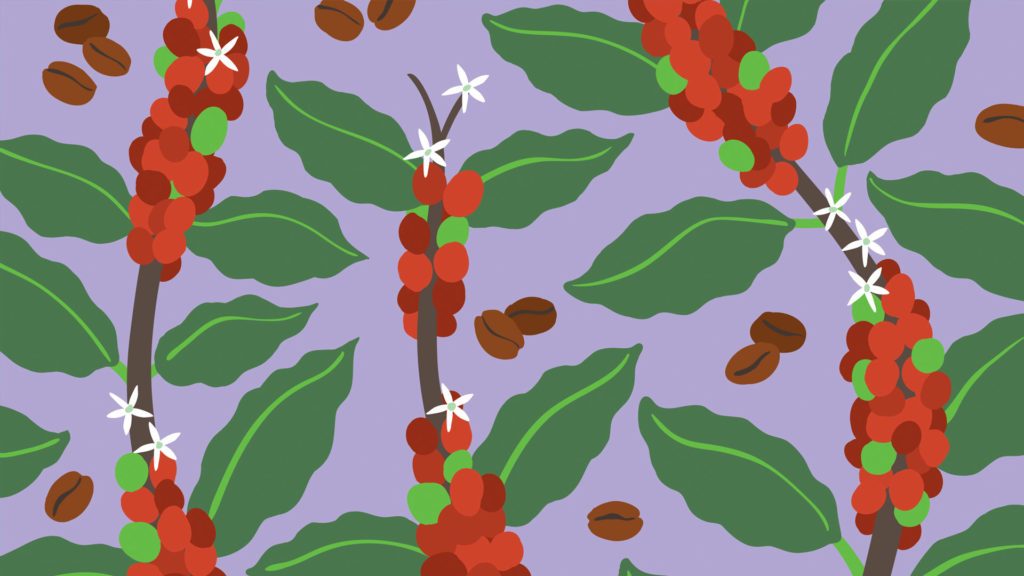
A short history of coffee
The story of coffee begins in Ethiopia in the 11th century. Legend says a goat herder named Kaldi noticed his goats become unusually energetic after eating the berries of a plant.
He tried the berries and was surprised by their stimulating effect. He shared his discovery with local monks, who began using the berries to make a drink that helped them stay awake during long hours of prayer.
Coffee spread quickly from Ethiopia to the Arabian Peninsula and in 1475 the world’s first ever coffee shop called Kiva Han opened in Constantinople.
Coffee houses later began to spring up in cities like London, Paris, and Vienna with the first coffee house in Europe opening in Venice in the 17th century.
From its humble beginnings in Ethiopia to its status as a global commodity, the history of coffee is a fascinating one that continues to be written every day.

